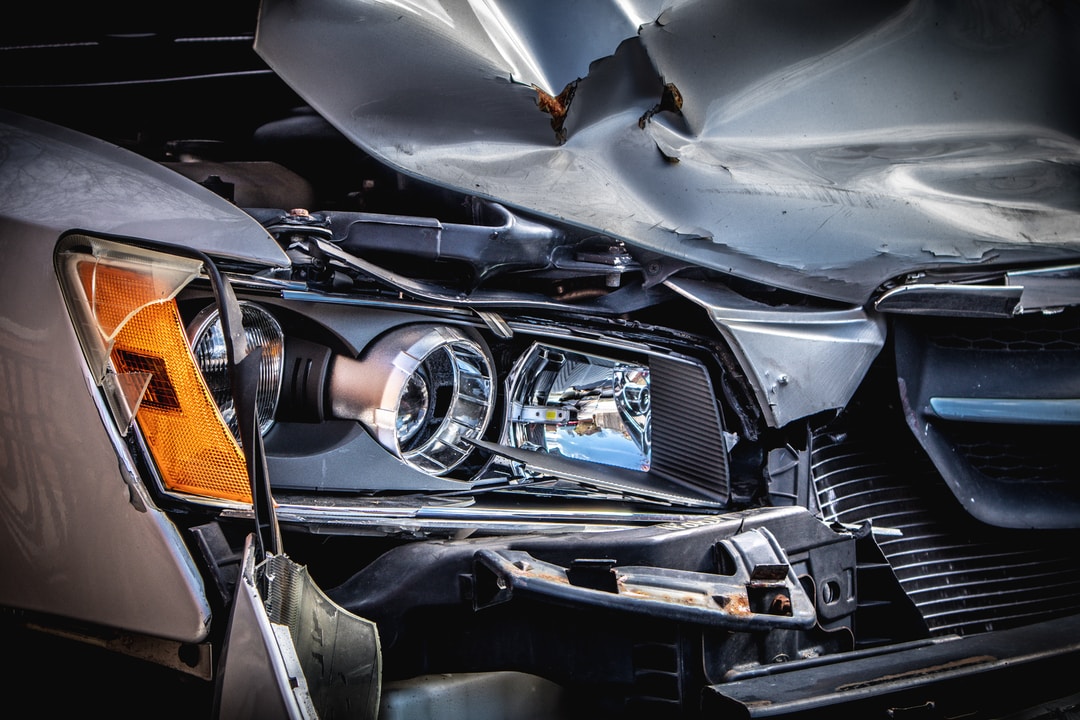When it comes to car accidents, this is a common term that most people believe they have concrete understanding of. But if you were involved in an incident involving motor vehicles, the language you use in your personal injury claim needs careful and very specific attention. The term “car accident” carries ambiguous connotations that most people don’t realize, especially if they’re involved in a personal injury claim.
There is some gray area surrounding what is considered a car accident versus a car collision. In this article we’ll break down both terms to help ensure you know which language and term is most appropriate for your personal injury claim.
So, how are car accidents defined?
When we refer to accidents, the common definition is that they are unintentional, something that occured but could not be foreseen or prepared for and done without intent, malice or premeditation. But for incidents that could have been prevented but were caused by someone’s actions and choices, these should be referred to as a crash or collision but not an accident. When one vehicle hits, sideswipes, careens or collides with another vehicle, this should be called a collision.
The implication of calling and labelling an incident an accident, it gives off the impression and leads people to believe that no particular person or people are responsible for what happened. It goes under the guise that the incident simply happened without cause.
Insurance companies in particular like to use accidents in their terminology. But this is very misleading since the majority of “accidents” on the road occur because someone wasn’t following the rules of the road and caused a crash. The person at fault for the crash may have not intended for the collision to occur, but even on a small level they understood their actions could result in a collision and chose to continue their actions regardless. This means that the liability for collision and any damage resulting from it, remains with them and they should be held responsible. It’s arguable that the majority of collisions could have been avoided if not for negligent or distracted drivers.
How are car collisions defined?
When a significant vehicle collision occurs that causes serious personal injuries, it’s evident that the person who caused the collision violated the laws of the road and therefore should be held liable and accountable for their conduct.
This is why it’s important to not refer to the conduct of the at-fault driver, who caused your injuries, as if it were a mistake or refer to the collision as an accident. In the larger scheme of things, if this was truly an “accident”, the law would not hold anyone responsible. The law requires that legal liability be established on the basis of fault.
How Does This Affect My Personal Injury Case?
Since there is a difference between the definitions of a collision and accident, how you use these terminologies in your personal injury case will play a significant role in settling your case.
More often than not, an accident is the result of someone’s negligence and injury lawyers will prefer to use other terms to describe it such as collision, crash or even wreck when defining and describing a client’s automotive personal injury claim. This is why if you were injured in a crash, it’s very important to understand the differences between the two terms and discuss them with your attorney on which term best suits your injury claim.
Why Insurance Companies Prefer Using Accident over Crash
Insurance companies can be notorious for playing off the misconception that many people hold with the definition of the word accident. They will then use this non-intentional connotation to try to sway and downplay the severity of certain personal injury claims. Using the word accident is a common tactic that is used to minimize the fault of the at-fault or negligent party, as well as their client.
In conclusion
This is why it’s important to be careful with the terminology you use when describing and addressing your personal injury claim. Many of the common misconceptions that the general public have can seriously affect the outcome of their claims, many people inadvertently damage their own case without even realizing it.
The best way to help ensure your personal injury claim has the best chance of getting you the outcome you want is to utilize the resources around you . Whether that’s consulting with a personal injury lawyer or even going the next step and hiring one to represent you, this is one of the best resources to help avoid damaging your claim by using the wrong terminology.
